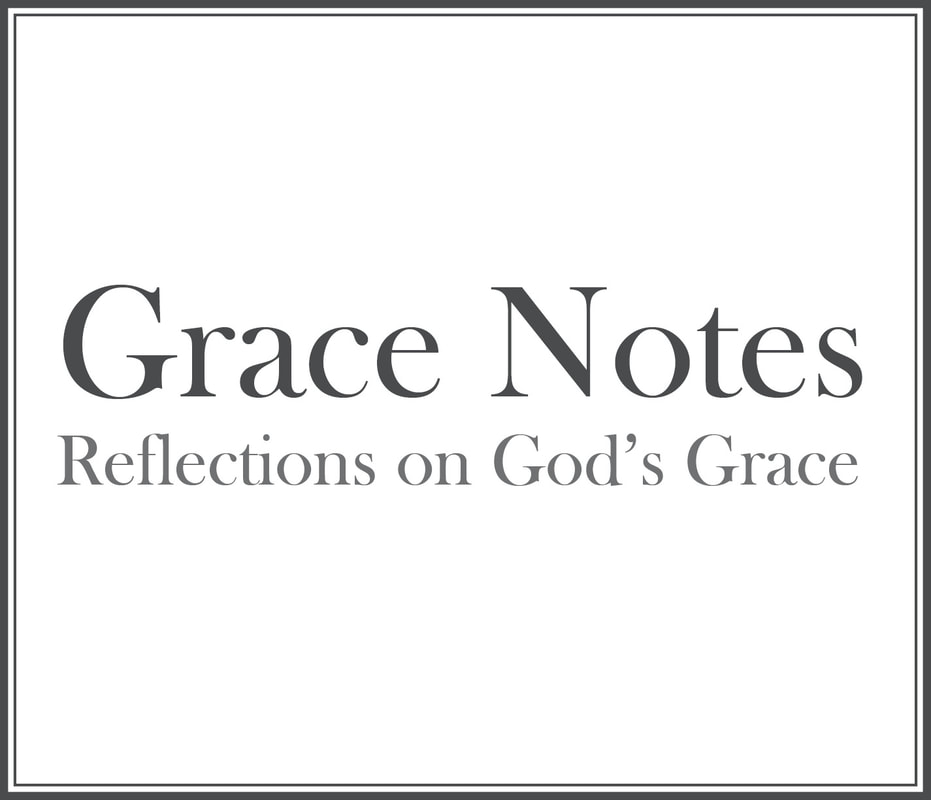|
Early this morning, with hot, black tea in hand, I looked upon my backyard damp with rain and shadowed by clouds. It was serene, but not quiet. There was singing. I saw the lemon-lime sweet potato vine sweeping down the side of a pot on the deck. Its vivid color stood out against the gray of the day. It was doing what it was created to do.  Early this morning, with hot, black tea in hand, I looked upon my backyard damp with rain and shadowed by clouds. It was serene, but not quiet. There was singing. I saw the lemon-lime sweet potato vine sweeping down the side of a pot on the deck. Its vivid color stood out against the gray of the day. It was doing what it was created to do. Above that luminous song, a woodpecker was wiggling into the cage containing suet, enjoying a morning meal. It was doing what it was created to do. Creation sings when creatures, and even rocks, trees and babbling brooks, do what they were made to do. “All the earth worships you; they sing praises to you, sing praises to your name.” (Psalm 66:4) I did not always notice the music of creation. Most of my life has been spent scurrying from one thing to the next, absorbed in the demands of self and others. I’ve been too busy to listen, to see, to notice. I’ve also been too busy to be what God created me to be, so my song has been silent. I had to learn to listen and to sing. I learned about the singing of every creature from Augustine of Hippo. His 4th century song still sings: “Does God proclaim Himself in the wonders of creation? No. All things proclaim Him, all things speak. Their beauty is the voice by which they announce God, by which they sing, “It is you who made me beautiful, not me myself but you.” I learned to sing from Francis of Assisi, the 13th century saint known for his radical embrace of living like Jesus. In his Canticle of Creation, Francis sings “Be praised my Lord for Mother Earth: abundant source, all life sustaining; she feeds us bread and fruit and gives us flowers.” The tree in my yard that will soon bury me in leaves and the noisy bird that wakes me too early are my neighbors, my siblings, to be loved. I learned to sing from Martin Luther that God is “in, with, and under” the water, wine and bread of the sacraments. Which is also true of everything created. Luther said, “God’s entire divine nature is wholly and entirely in all creatures, more deeply, more inwardly, more present than the creature is to itself.” I learned to sing from Joseph Sittler, a legendary theologian who started talking about the care of creation long before anyone else. He called humanity to step away from its propensity for destroying the earth. For him, the destructive threat was centered on nuclear holocaust. He was also keenly aware of humanity’s appetites. Were he with us today, he would no sing a protest song of the threat that is less dramatic than World War III, but no less a threat. Sittler’s song declared what happens when we move from rejoicing in our communion with the created order to simply using it for our own purposes. The result is a joyless and insatiable existence. There is an economics of use only; it moves toward the destruction of both use and joy. And there is an economics of joy; it moves toward the intelligence of use and the enhancement of joy. That this vision involves a radical new understanding of the clean and fruitful earth is certainly so. But this vision, deeply religious in its genesis, is not so very absurd now that natural damnation is in orbit, and humanity’s befouling of their ancient home has spread their death and dirt among the stars.[i] Elizabeth Johnson in her book Creation and the Cross, echoes Sittler and informs my lament over creation robbed of its purposes and life, points out: Not content with harming our own species, human sin spills over into the natural world, ravaging habitats and destroying other species for personal and corporate gain. We profoundly need divine forgiveness. Out of the depths we cry for salvation.[ii] When I have written in the past about our calling to care for creation, some have thought me to be an “alarmist,” shouting that the heavens are falling like some clerical Henny Penny – scaring the kids and preaching doom. Some have thought of me as a buzzkill, harshing everyone’s happy because there is: “Nothing we can do about it. The problem is too big.” A few have implied that maybe I am suddenly “woke” to the realities of evil corporations and the dangers of consumption, inflicting a new-found fervor on the unsuspecting and unwilling. The truth is, I’m just trying to sing my song and hear the glorious chorus of creation in my backyard and beyond. I’m trying to love brother Blue Jay and sister Phlox. I’m just trying to help you do the same. For when creations sings, all is as it should be; joy and life are once again sustainable. Pax Christi, Tim Olson Copyright 2019 Holy Trinity Lutheran Church, all rights reserved. [i] James M. Childs Jr., Richard Lischer. The Eloquence of Grace: Joseph Sittler and the Preaching Life (Lloyd John Ogilvie Institute of Preaching Series Book 1) (pp. 208-209). Cascade Books, an Imprint of Wipf and Stock Publishers. Kindle Edition. [ii] Johnson, Elizabeth A. Creation and the Cross: The Mercy of God for a Planet in Peril (Kindle Locations 88-89). Orbis Books. Kindle Edition.
0 Comments
Leave a Reply. |
Categories
All
Archives
July 2024
|


 RSS Feed
RSS Feed

